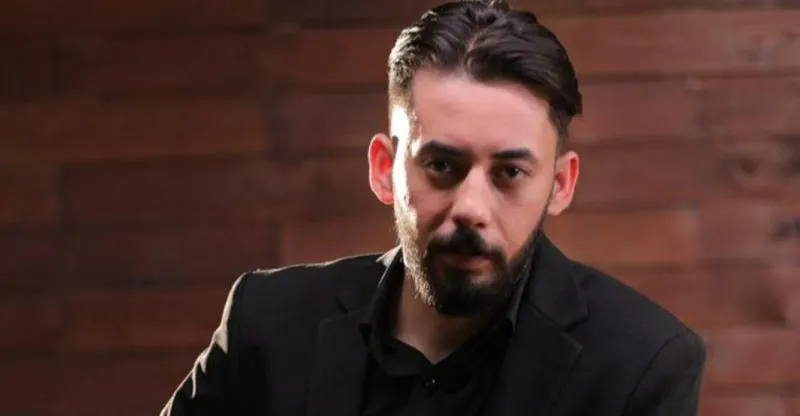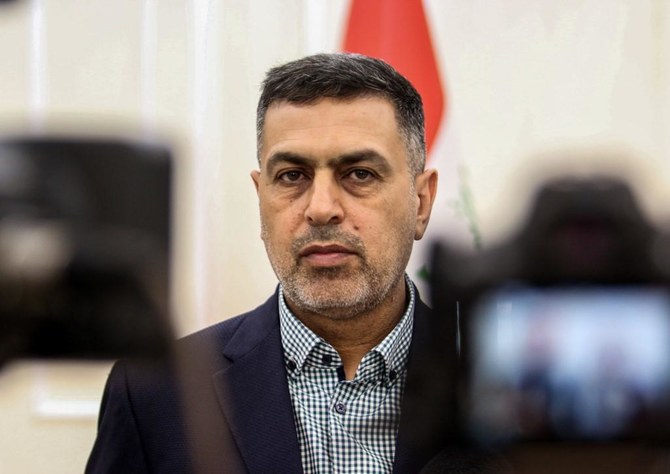The Iraq election commission announced on Tuesday the disqualification of Samer Jermani, a parliamentary candidate in Wasit province. The commission cited violations of election law provisions for the Council of Representatives and provincial councils. According to the IHEC, Jermani failed to meet requirements regarding candidates’ good conduct and reputation.
In addition, the commission instructed its Operations and Information Technology Department to block any votes cast for Jermani or his electoral list during the elections. Authorities emphasized that this step ensures election integrity and prevents unauthorized votes from influencing results.
Meanwhile, the Iraq election commission approved a replacement for the late candidate Safaa al-Mashhadani. Yasser Abdul-Latif Saleh Najm now represents the Sovereignty Alliance (al-Siyada) in Baghdad province. Al-Mashhadani died tragically when an explosive device targeted his vehicle in Tarmiyah, north of Baghdad, killing him and two companions. The move aims to maintain the coalition’s participation in the upcoming elections without delay.
The IHEC also addressed several election-related complaints. Six complaints filed against other candidates were reviewed and dismissed. Officials said the decision reflects adherence to established electoral procedures. This action highlights the commission’s commitment to transparent and fair elections while ensuring legal compliance.
Election observers noted that disqualifications and replacements like these have grown more common in recent Iraqi elections. Authorities claim these measures protect voters and uphold democratic standards. Citizens expressed mixed reactions, with some praising strict enforcement, while others criticized the process as politically influenced.
Experts say the Iraq election commission continues to face challenges balancing security, fairness, and timely electoral operations. Violent incidents, such as the attack on al-Mashhadani, underline the risks candidates face while campaigning. Meanwhile, ensuring candidates meet legal and ethical requirements remains a priority for election authorities.
As election day approaches, the IHEC encourages voters to verify their candidates and remain informed about any updates or replacements. Analysts predict that these disqualifications and substitutions could influence voter turnout and final election results. Nevertheless, officials reaffirm that upholding the law and protecting electoral integrity remains the commission’s main goal.
The recent decisions by the IHEC demonstrate a firm stance on election law compliance. From disqualifying candidates to approving replacements, the commission continues to shape the electoral landscape in Iraq. Voters, parties, and observers now closely monitor these developments, recognizing their impact on parliamentary representation and provincial councils.



